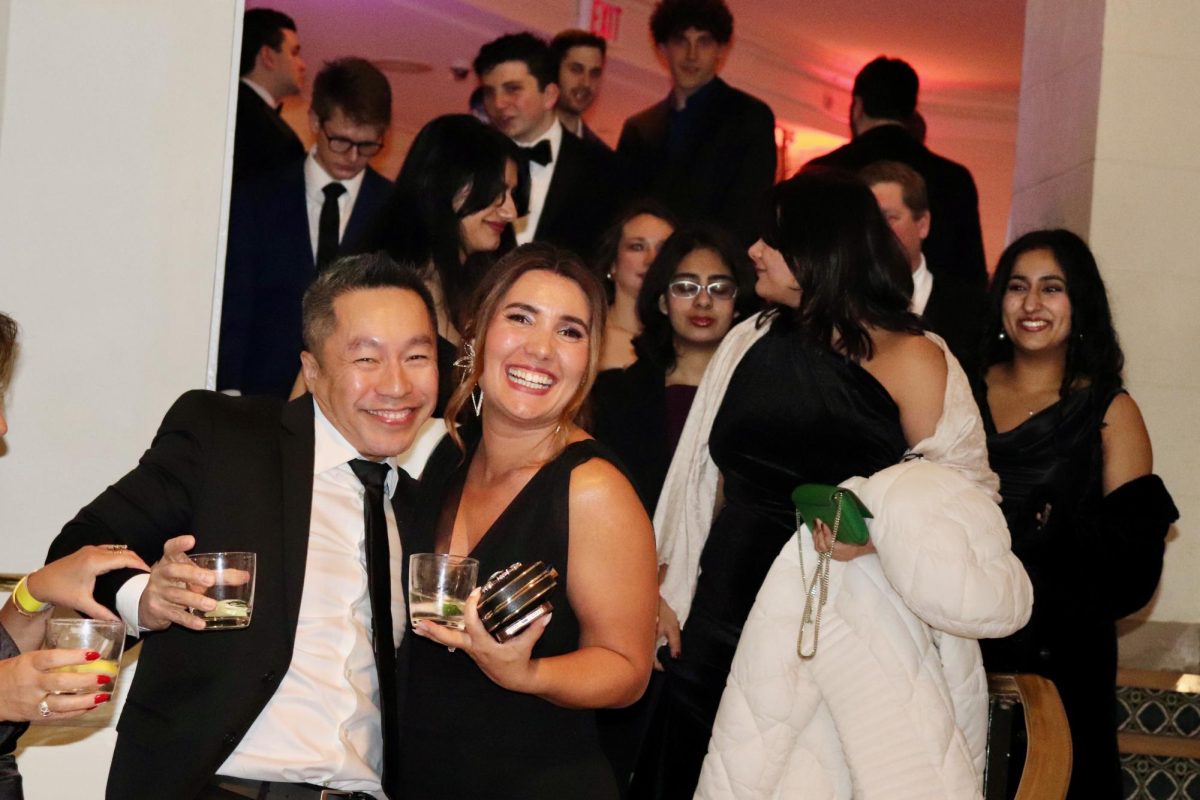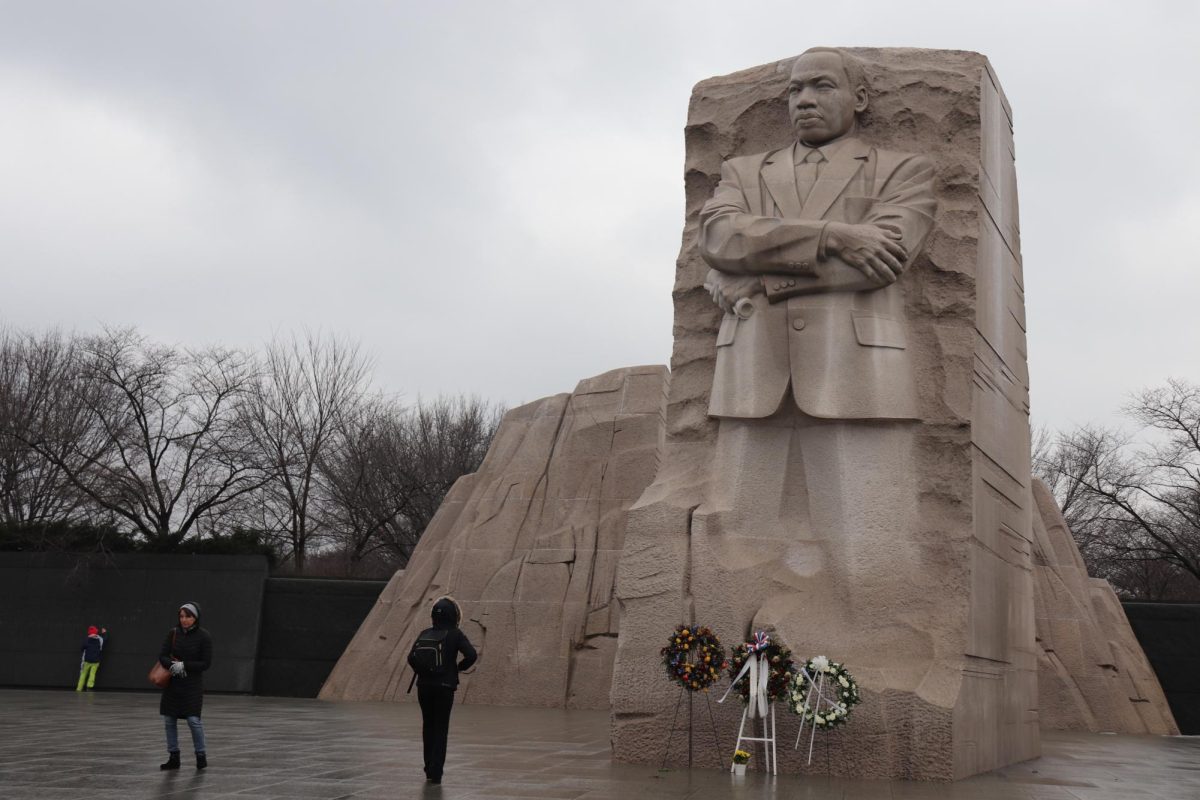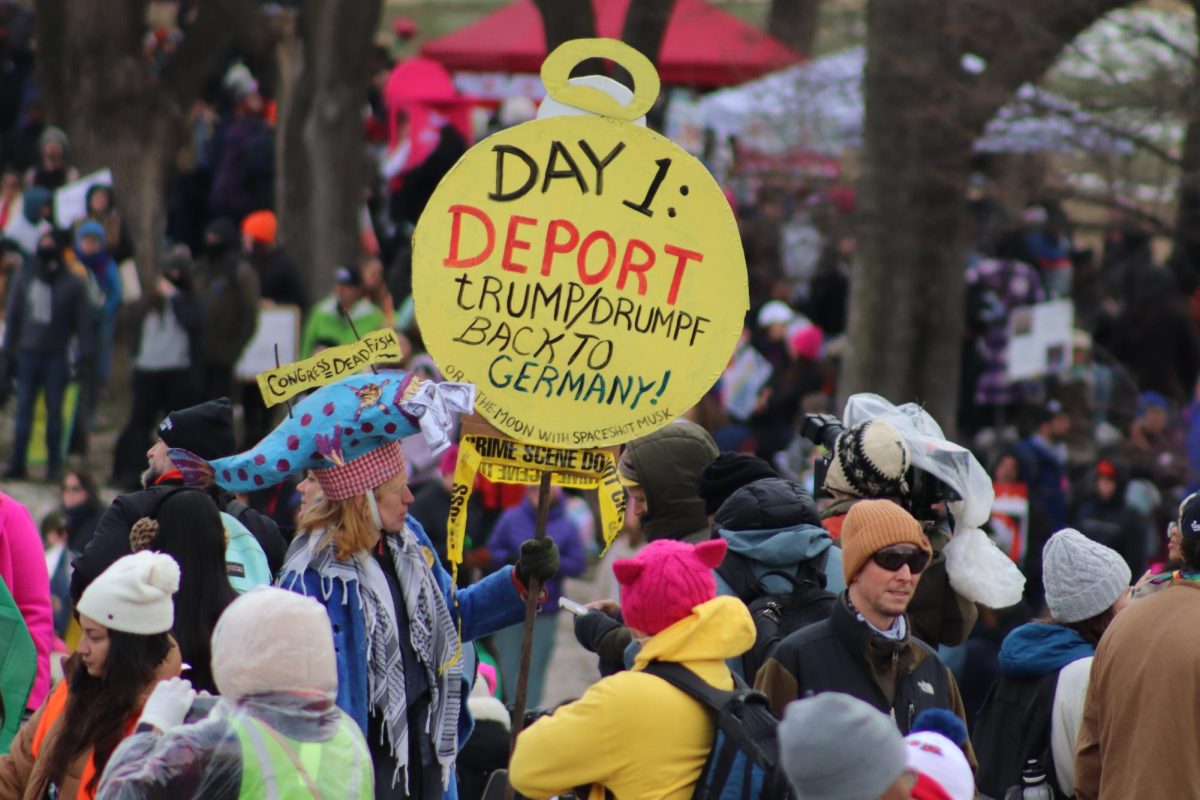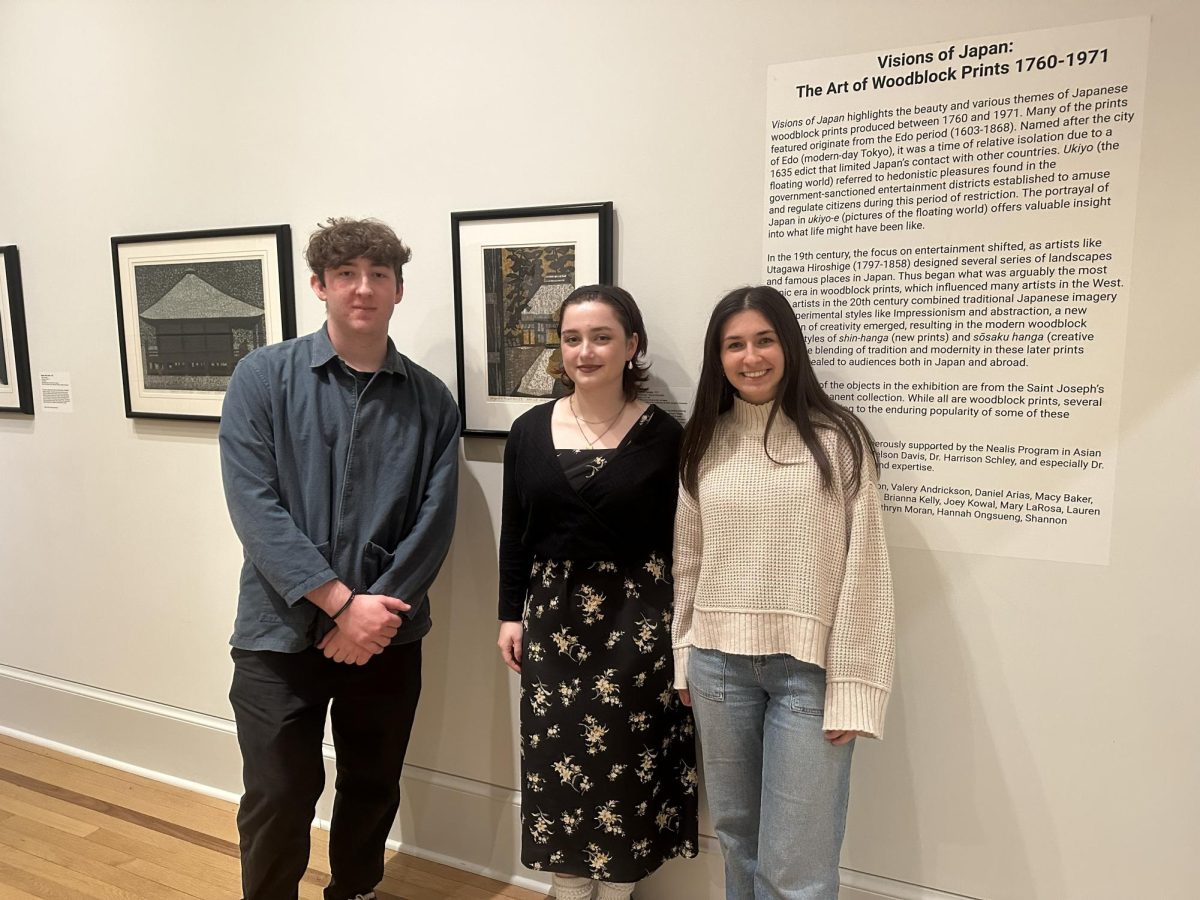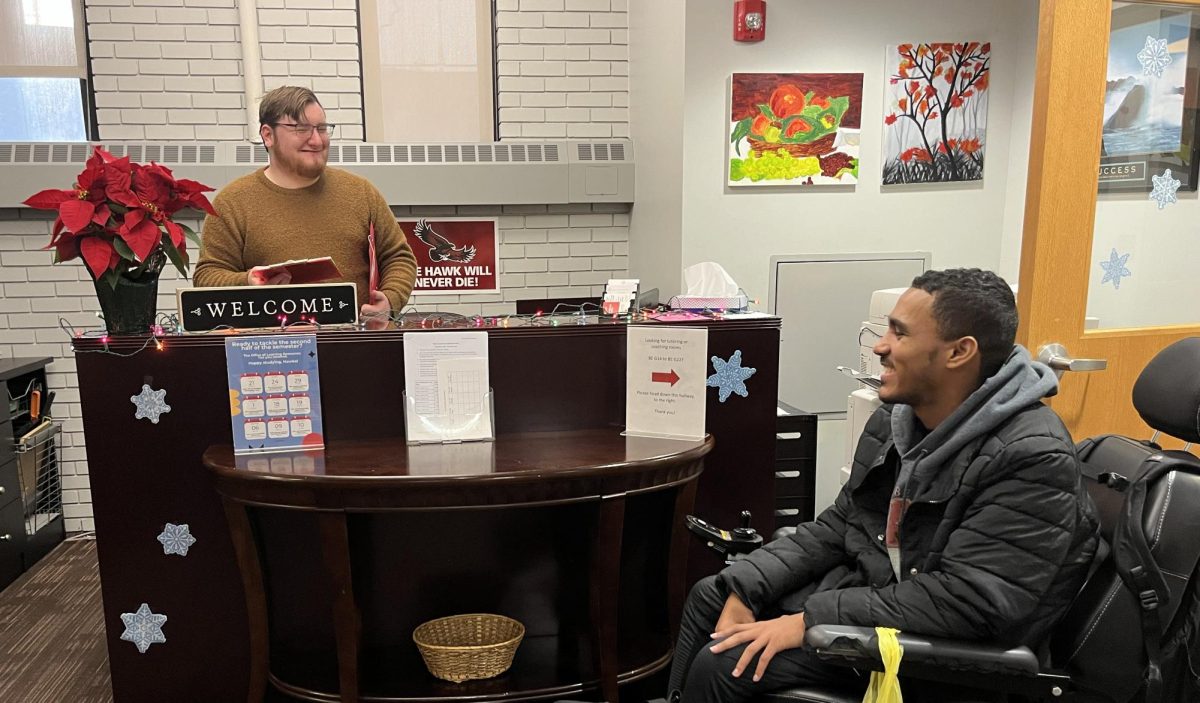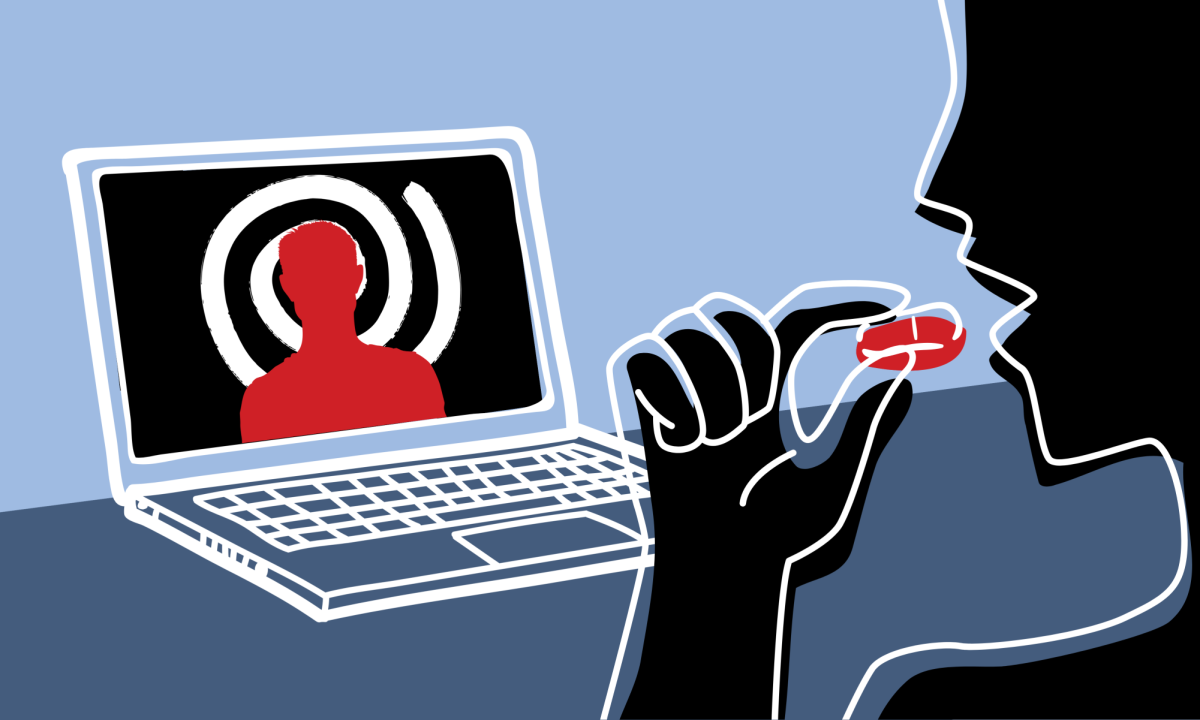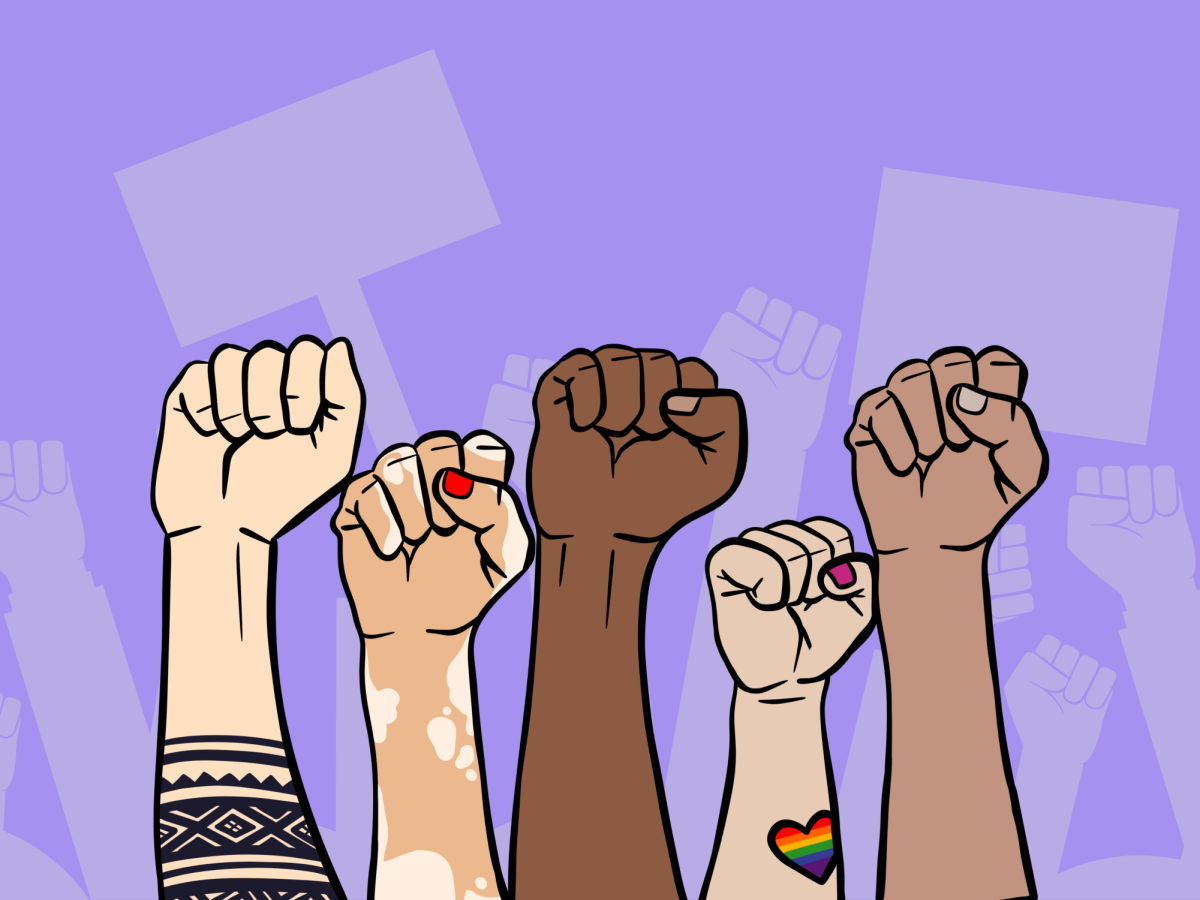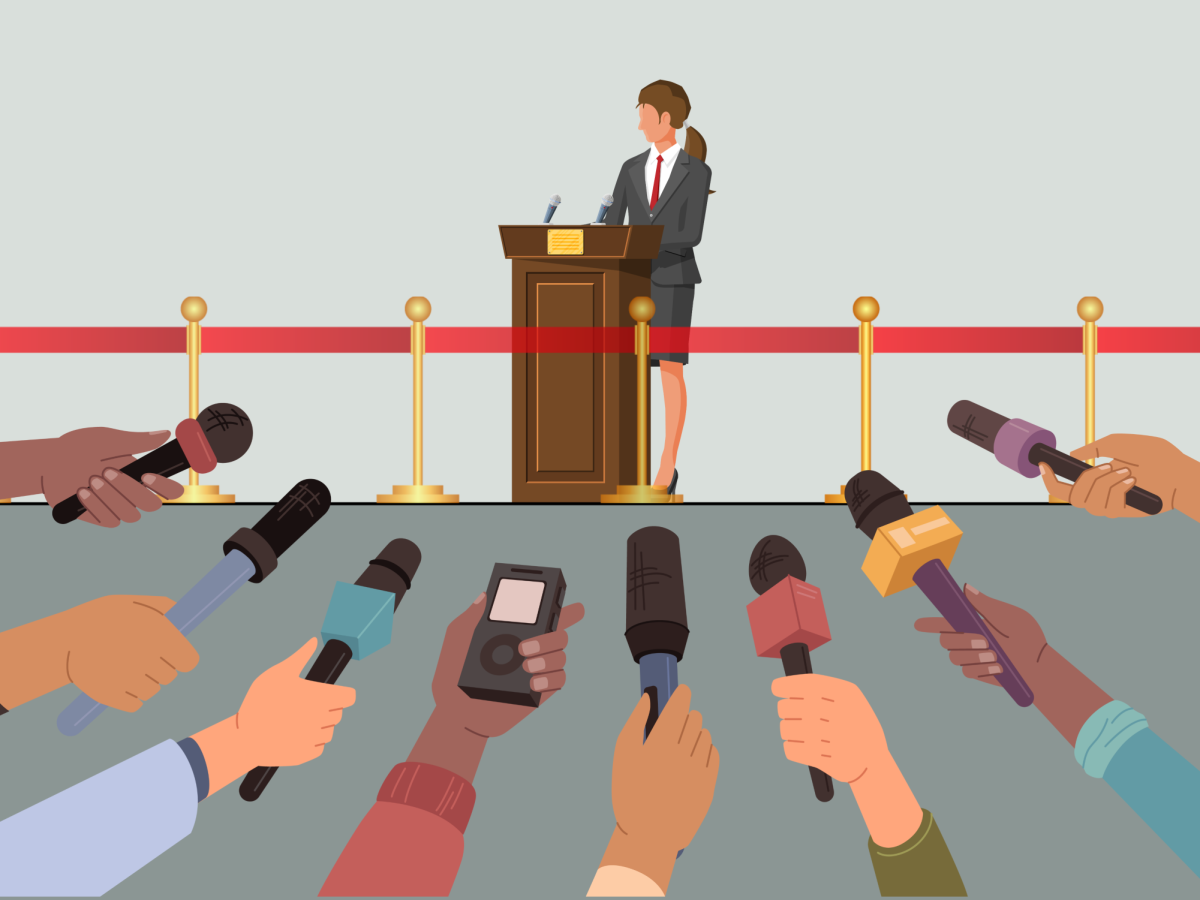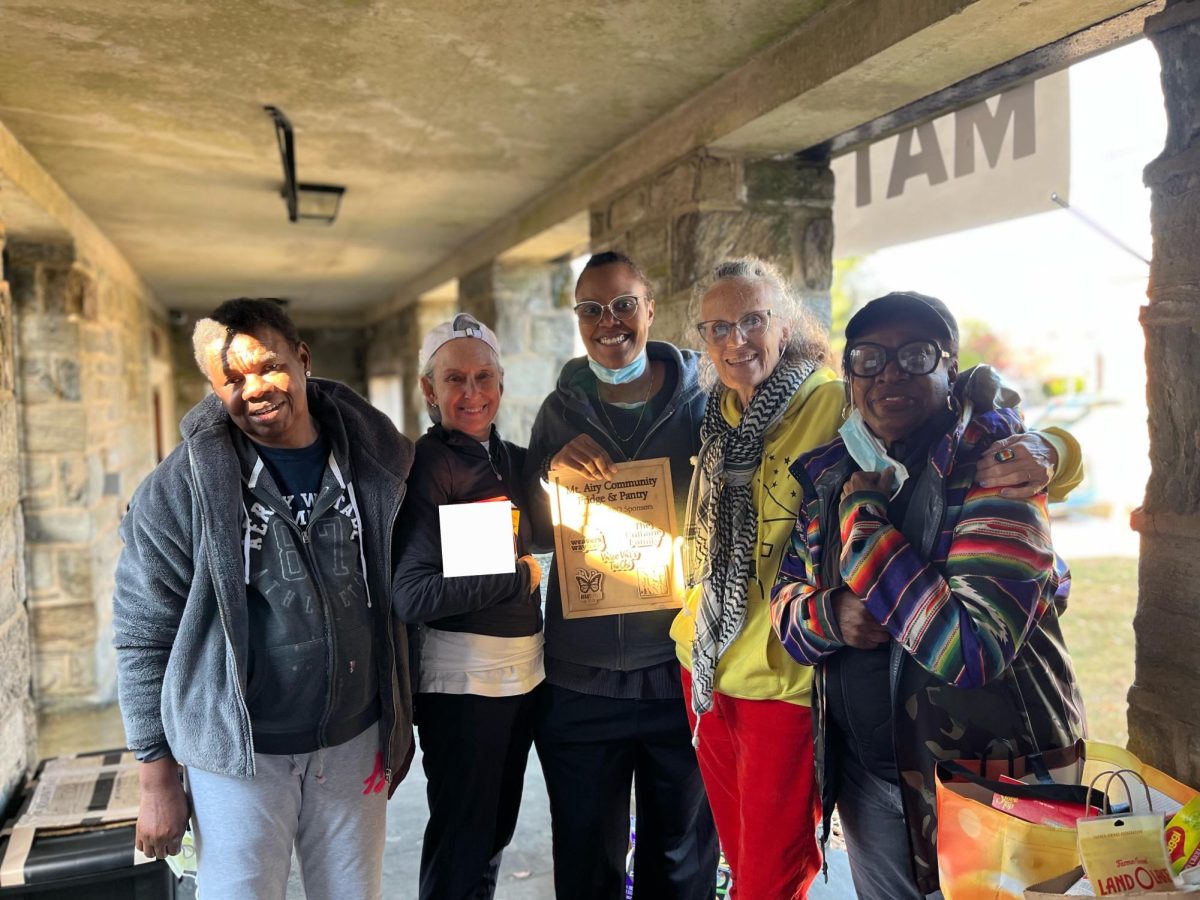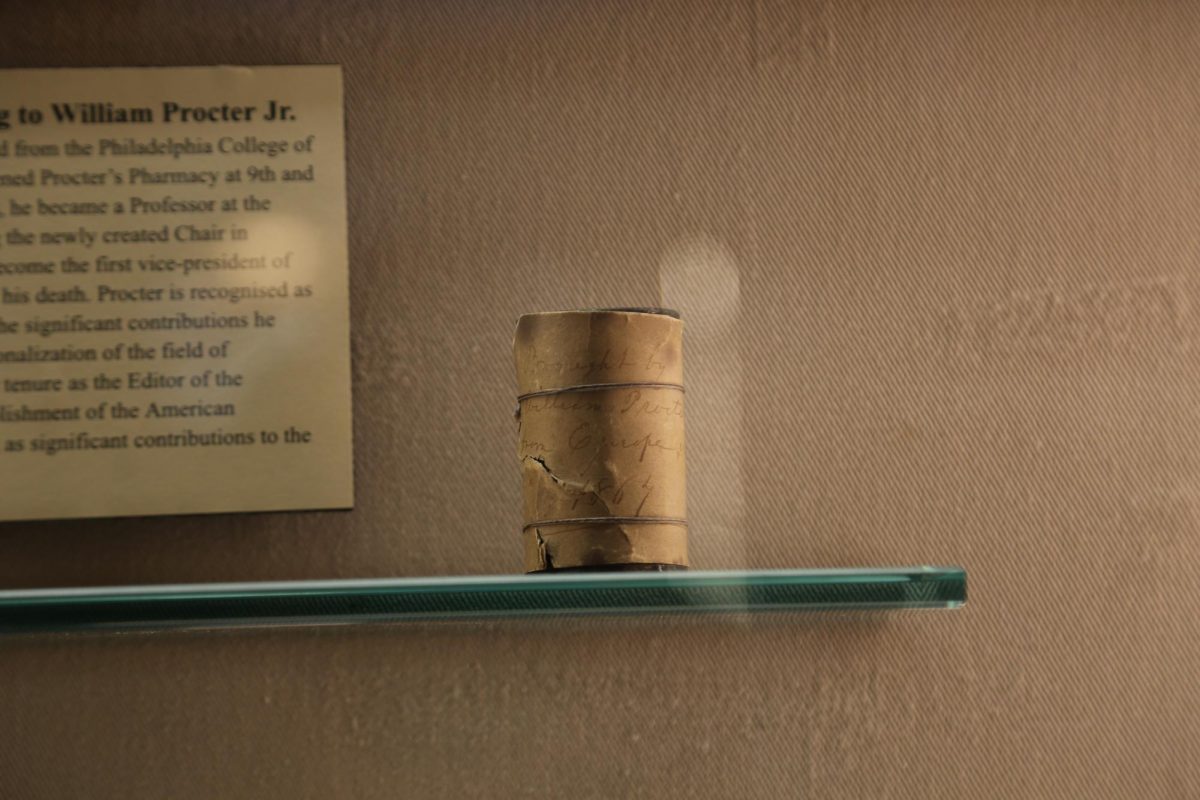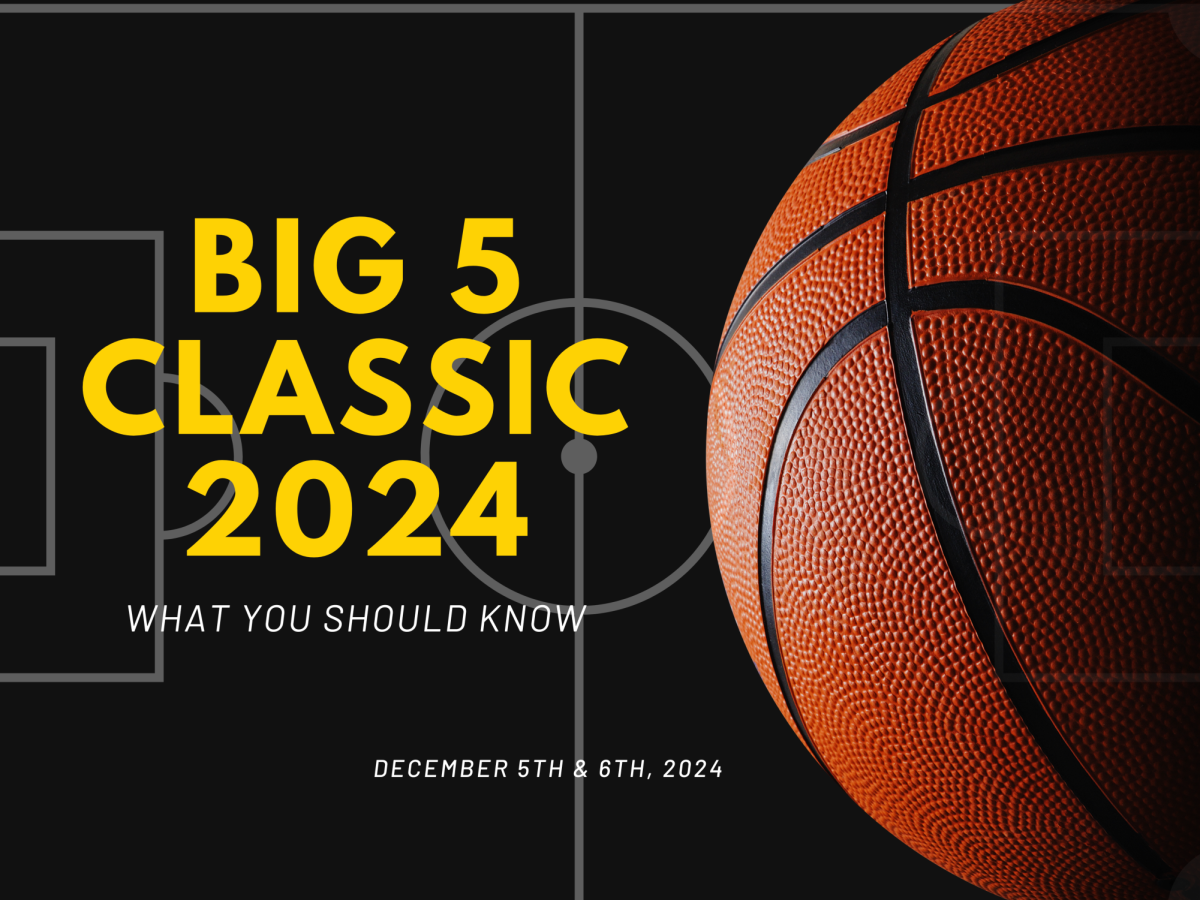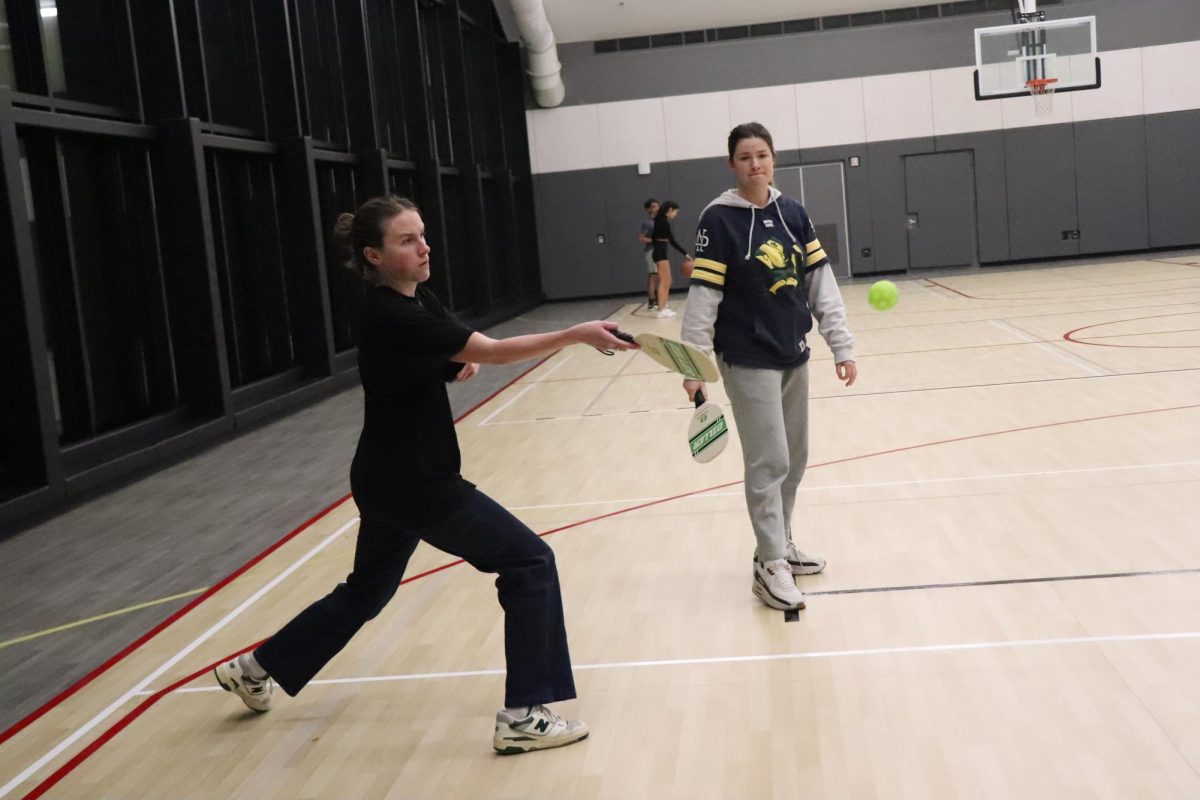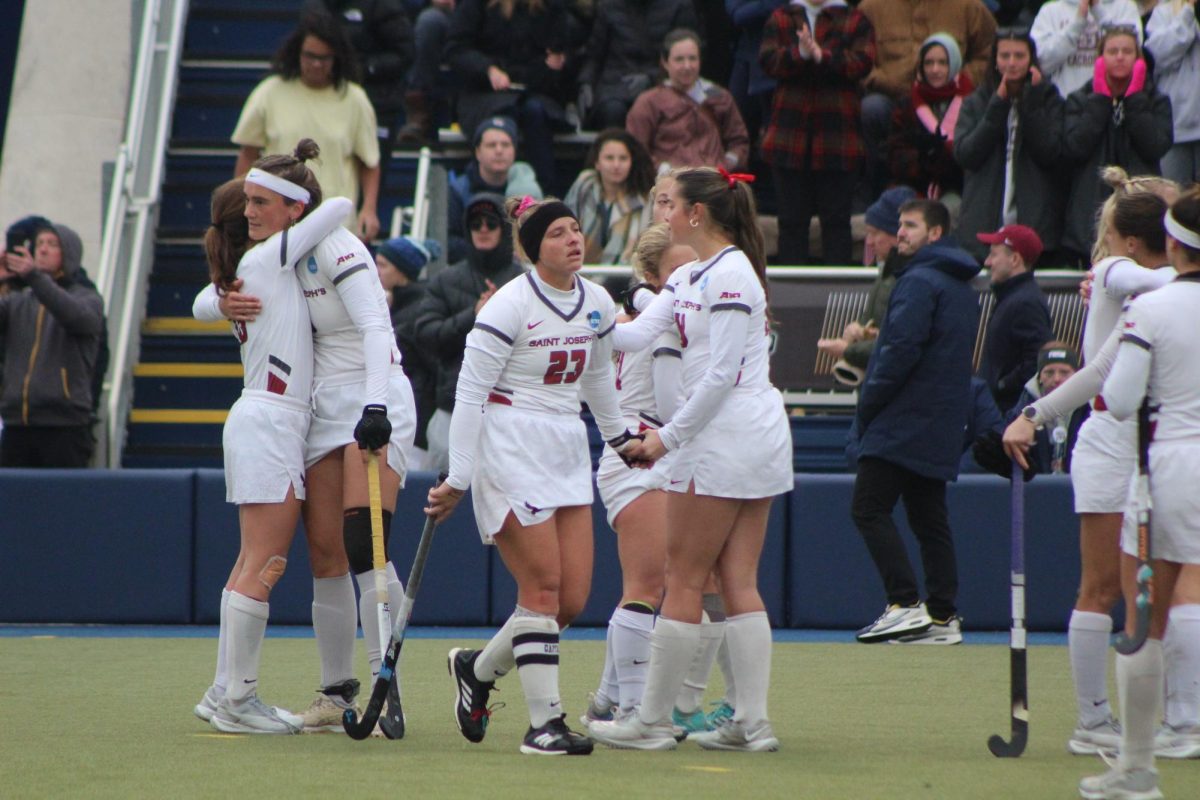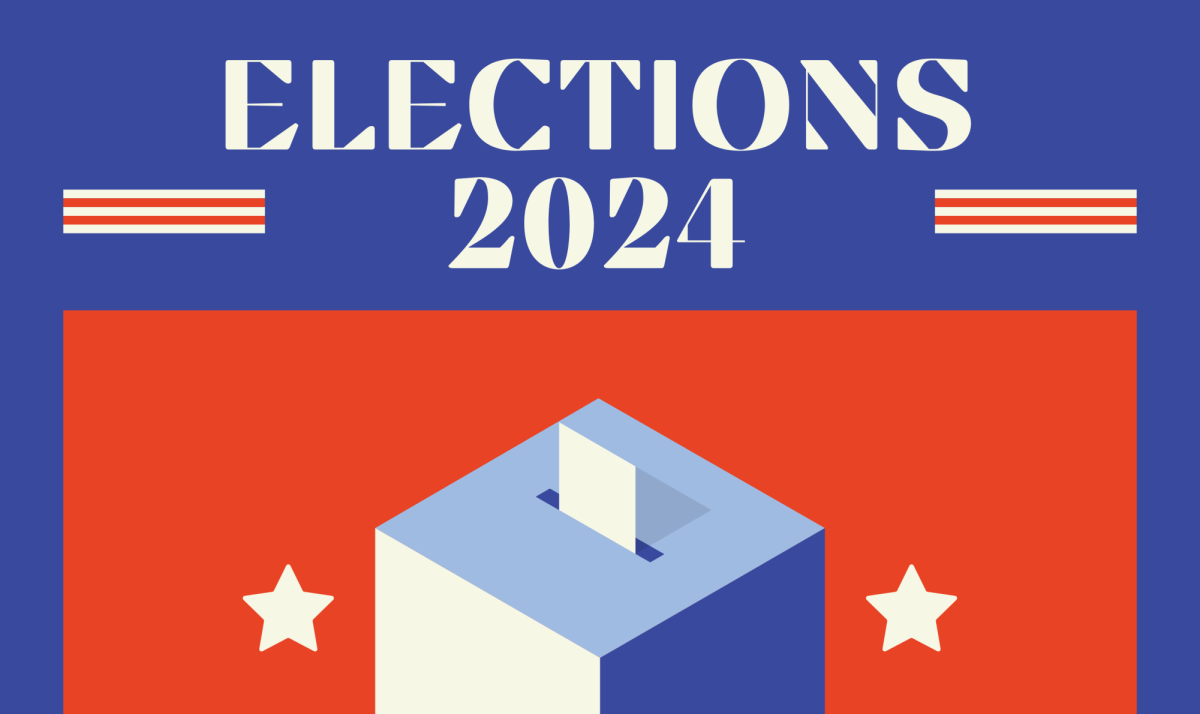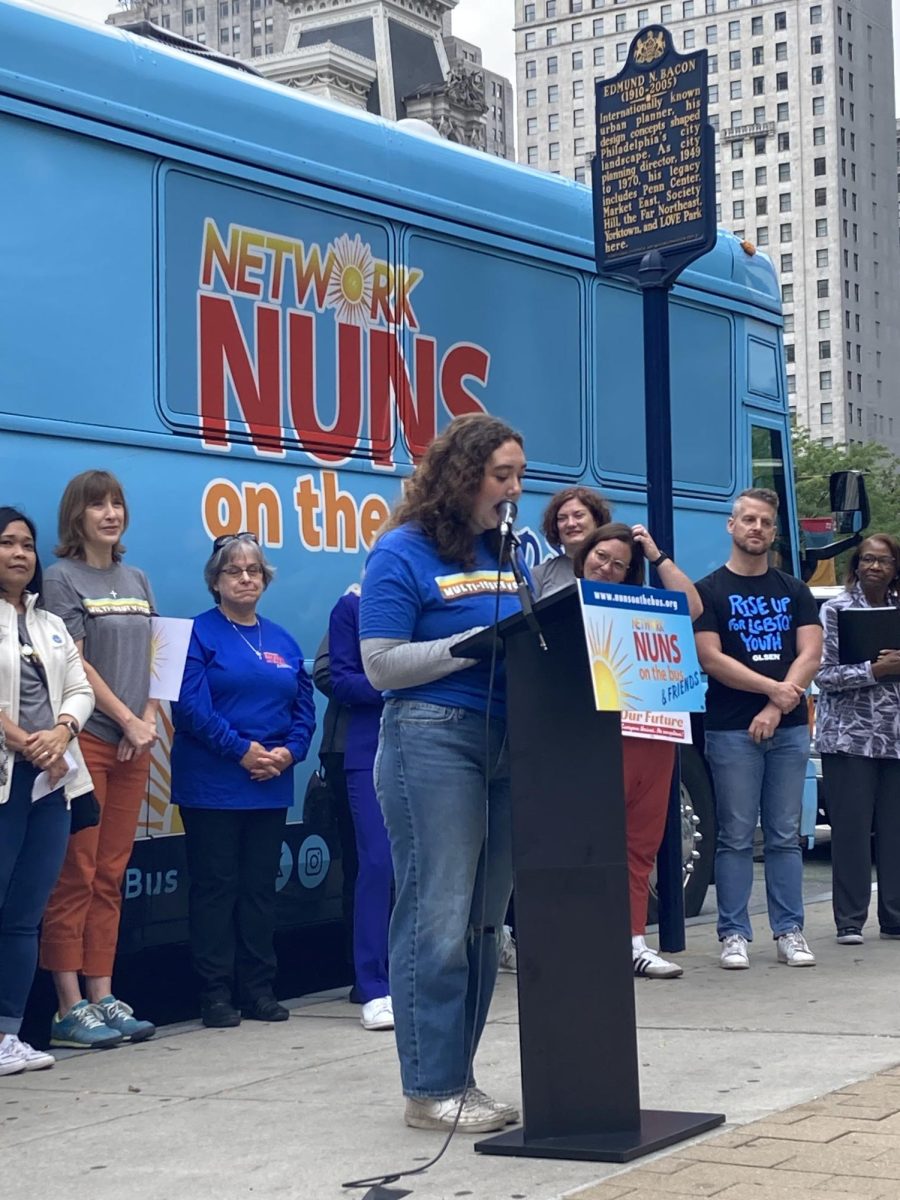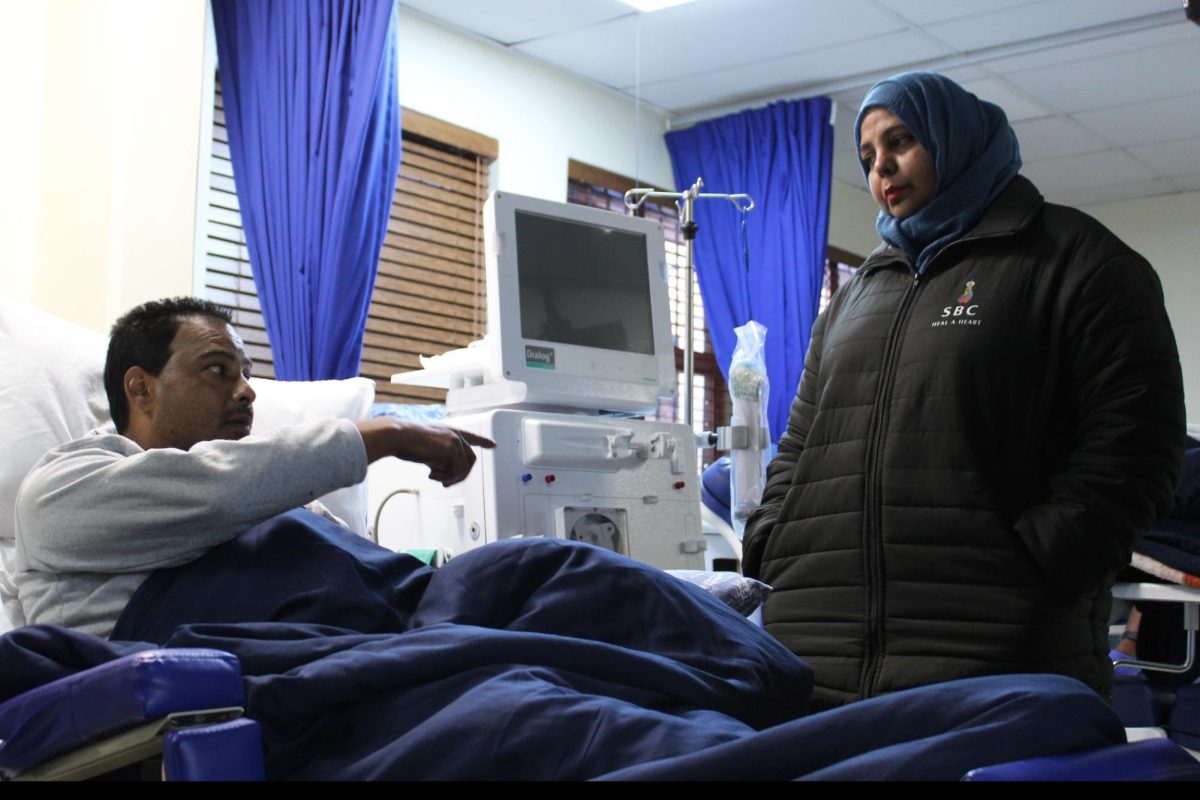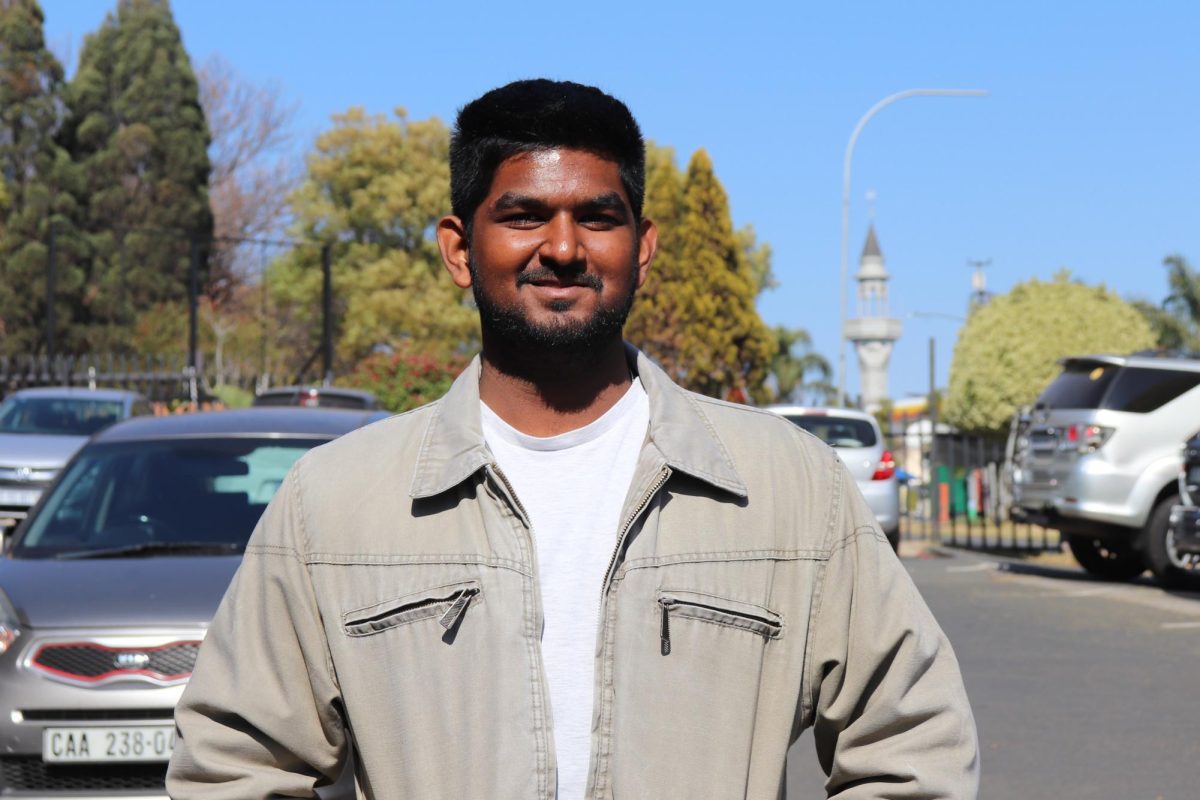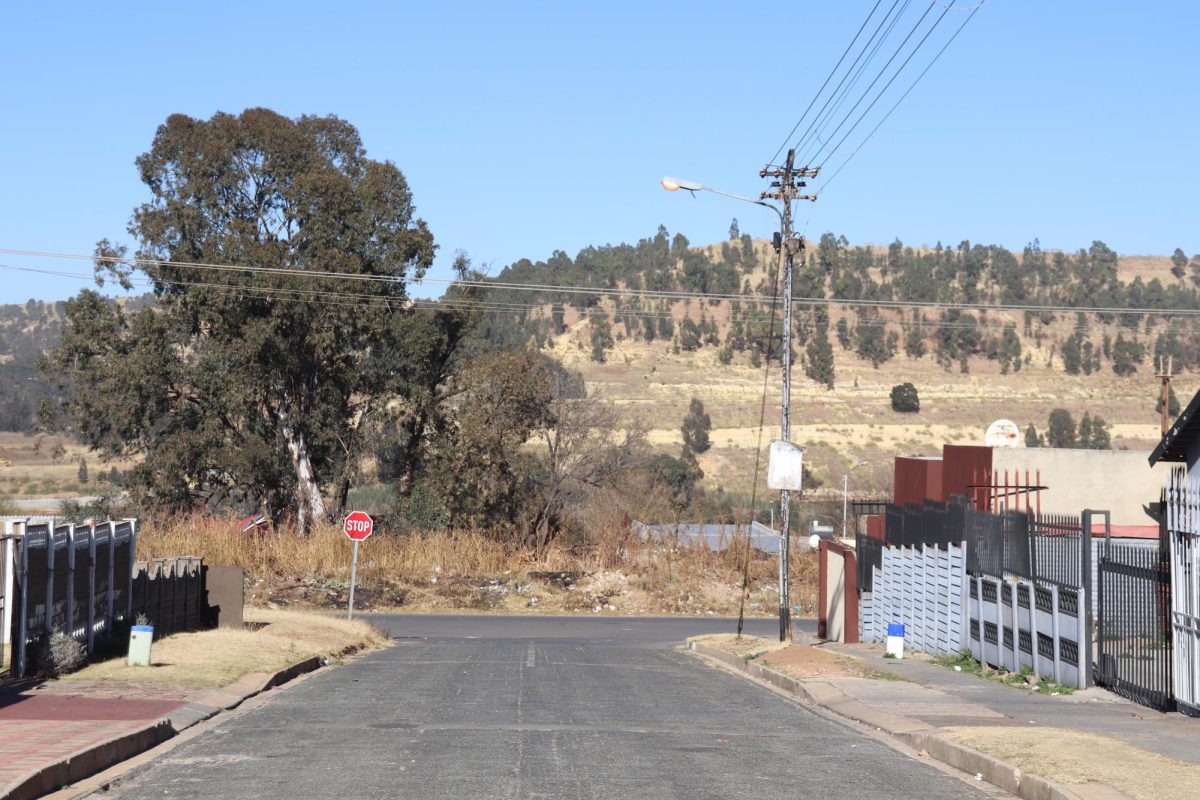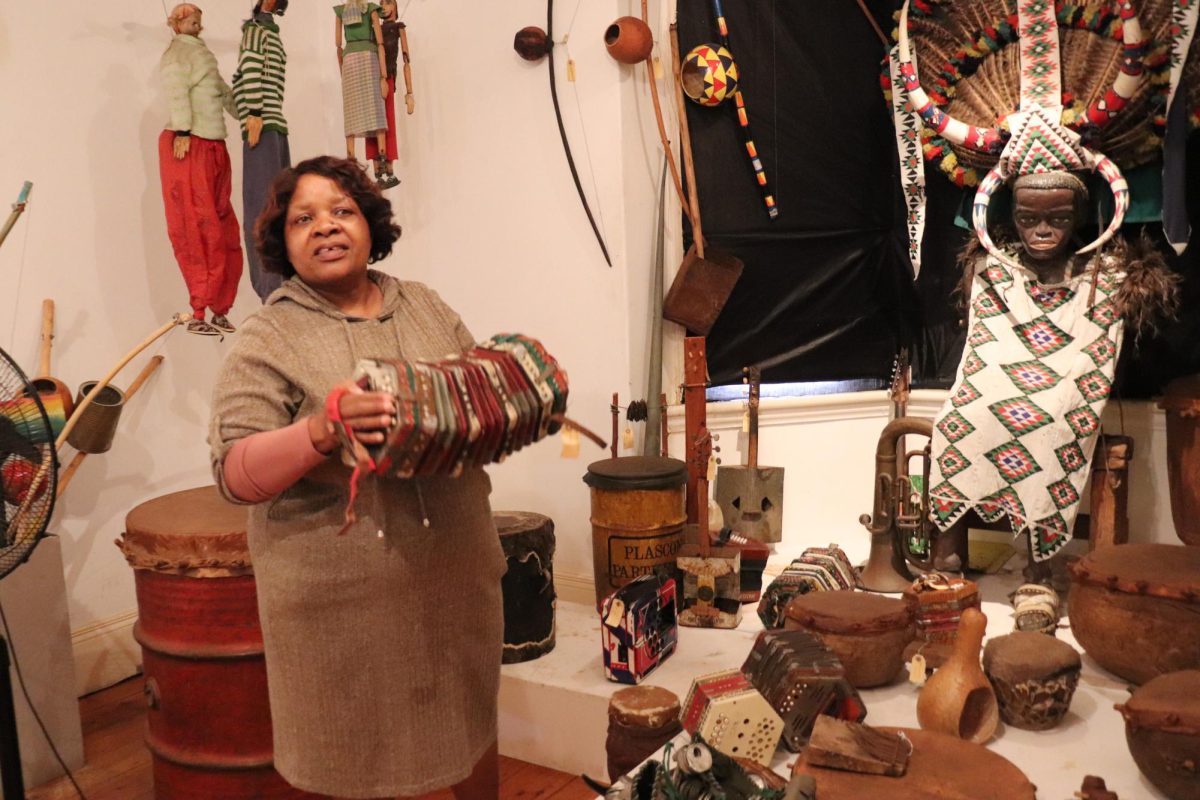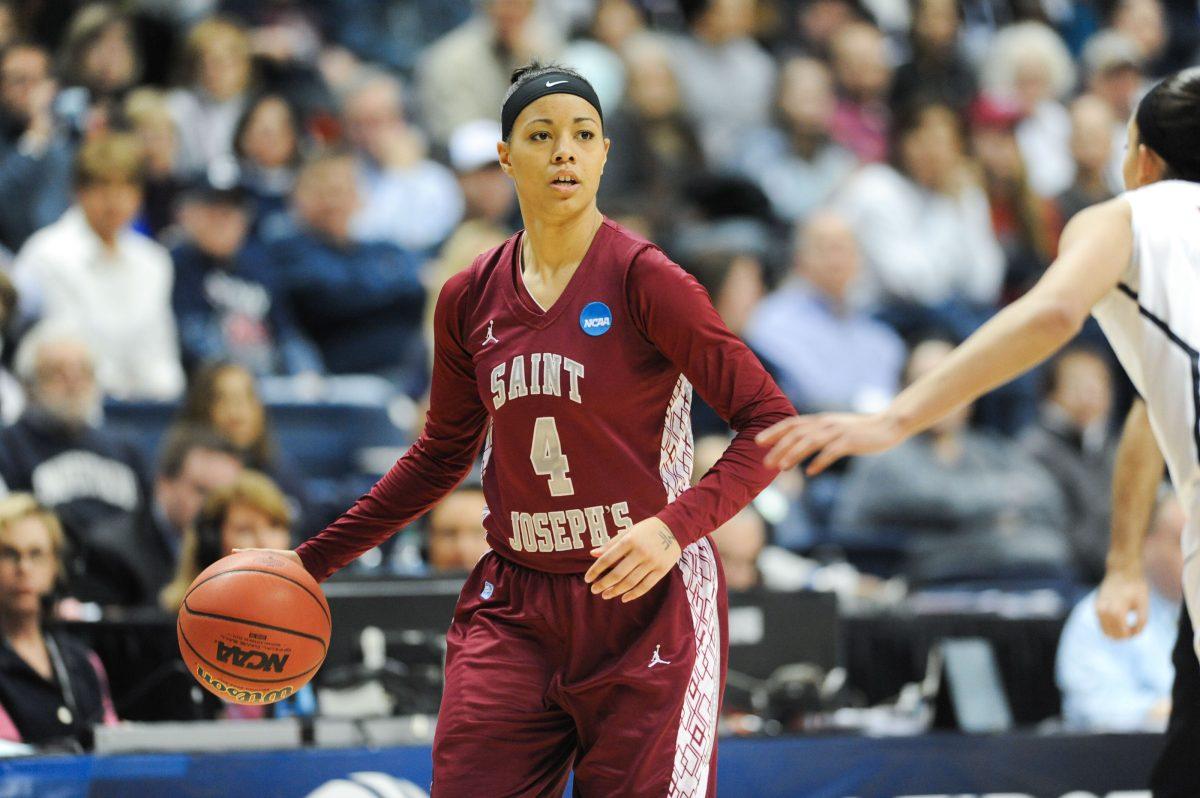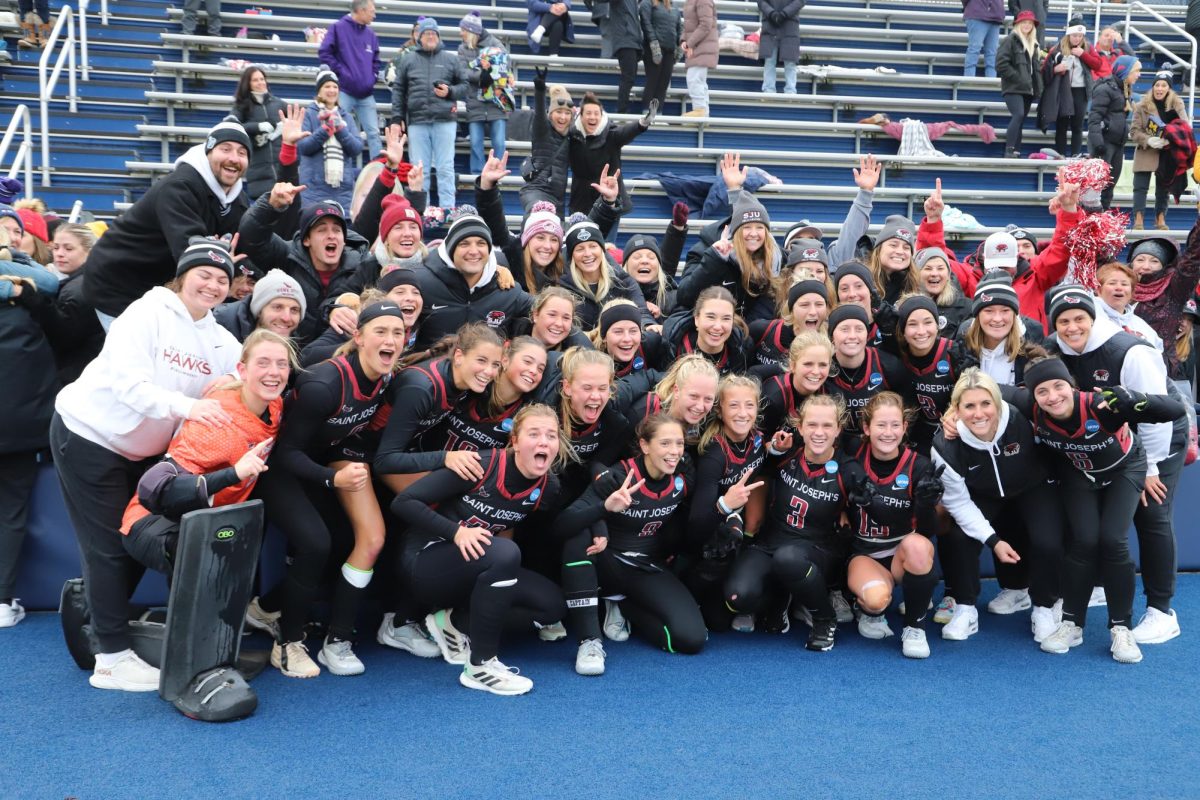Natasha Cloud is a former guard for the St. Joe’s women’s basketball team, who played for the Hawks from 2012 to 2015. Cloud currently starts for the Washington Mystics in the WNBA.
On July 22, 2016, Cloud, alongside her Mystics teammates, entered pregame warmups wearing Black Lives Matter T-shirts. The act was in response to police officers shooting and killing two unarmed black men, Alton Sterling and Philando Castile.
After the game, Mystics players did not speak to members of the media about basketball, creating a “media blackout” in order to bring attention to the killings of unarmed black men.
Cloud spoke to The Hawk regarding the importance of using one’s platform as both a collegiate and professional athlete to speak out on racial issues.
Did St. Joe’s act as a catalyst for the activism in your professional career?
St. Joe’s is a big part of who I am, not only as a player but more so as a person. I grew up a lot there, developing as a young female and finding myself, where I fit in and where my voice fit in. My parents raised me to be strong and find what I believe in.
What was it like to attend a predominantly white institution?
It was tough to attend a predominantly white institution. I am of mixed race, I grew up in an all-white family. I was always that gray area. I think a lot of mixed people think that way, that they’re either too white for black people or too black for white people.
For me, I was able to fit in with both crowds. It was extremely hard, especially when you’re talking about a predominantly white private Jesuit institution. I went to Catholic high school, so that prepared me. When you’re looking at the majority of who black people on campus are, they come from the basketball team and other varsity sports. I stuck to what I knew, I stuck to my teammates and the men’s team.
I know there are different organizations on campus for African American students, which is huge, but when you’re talking about being racially divided, that is a problem at St. Joe’s. It’s not diverse enough. And whether that falls on admissions or handing out more financial aid, making it more acceptable for minorities, not just black people, all minorities. We are a private institution which usually means wealthy, which usually means white. There can be a little bit more diversity in the admissions department, and that would help a great deal.
Did you ever feel ostracized or subject to any negativity based on race? Did you witness other people of color experiencing this at St. Joe’s?
I’ve experienced being ostracized from a personal and outsider’s perspective. I’ve never been directly demeaned in that sense, just because of my race. Everything is with an ulterior motive. When I try explaining to younger African American kids what racism looks like, it’s not always in the sense of being called a n—– or being followed around in stores. That happens, yes. But it can be in other subtle ways as well where you are talked down to. And sometimes it can be unconsciously said. That’s part of the problem. The racism that is on campus, people may not know that they are being racist, it’s just embedded in them within societal norms and perspectives on minorities. I’ve experienced both.
From a demeaning aspect, teachers would come up to me and tell me I’m very well-spoken. I hate when people tell me that I’m very well-spoken because as a mixed female, that means they perceived me as uneducated or a certain type of way, without even giving me a chance to speak. By looking at me from an outside perspective, one might perceive me as an African American female, but you have no idea of my background and family, so you never would have known that I was mixed race and I grew up in an all-white family. You don’t always have to be called a racial slur to feel racism, it can be simply a demeaning sentence or be followed around different stores around campus because you are black.
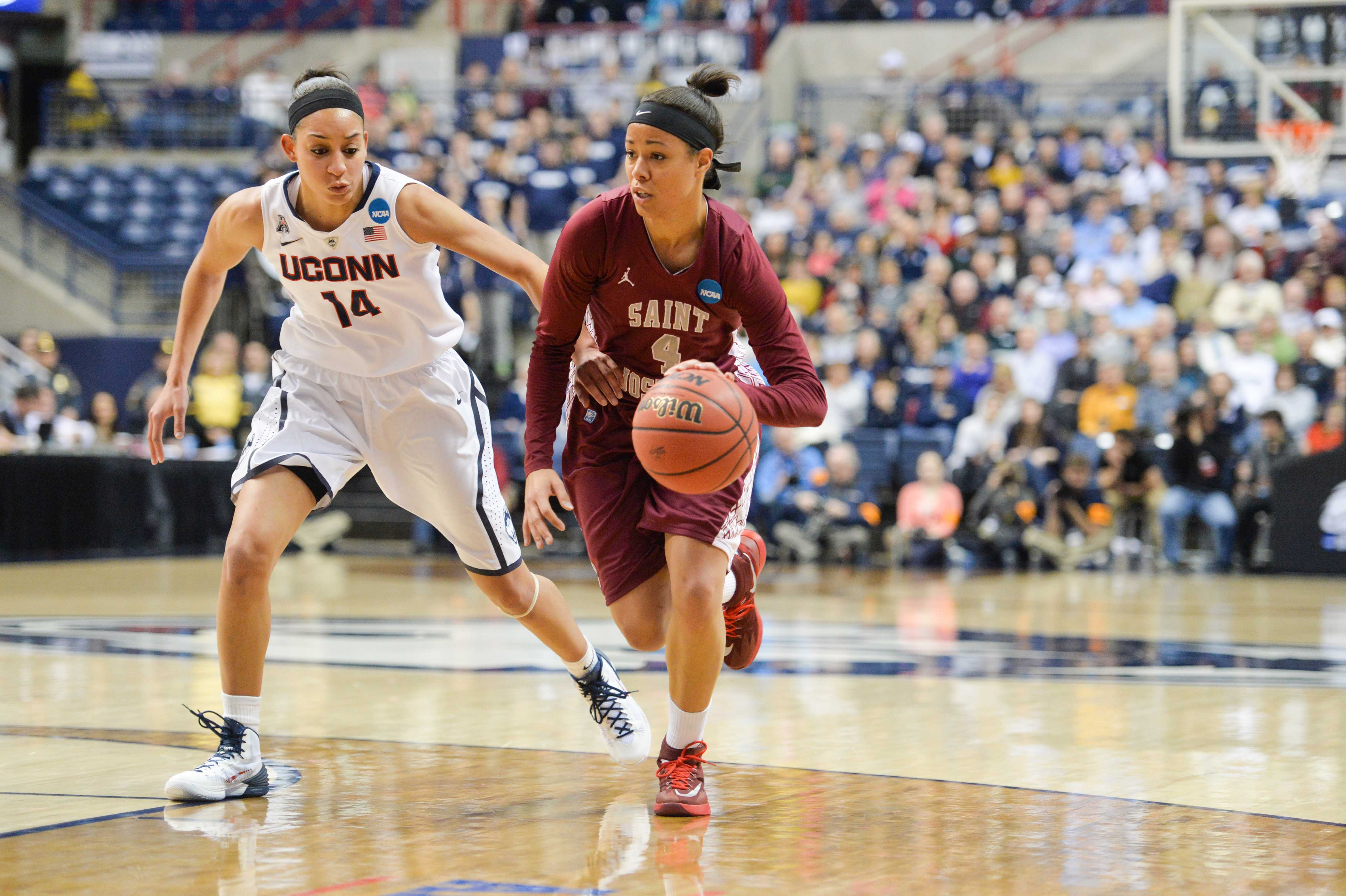
As a professional athlete, do you see it as a responsibility to use your platform to speak out on social issues?
Especially being in Washington, D.C., the most powerful area in the country, it’s incredibly important for us to use our platform as athletes to create conversations. These tough conversations are ones that need to be had, especially when talking about social injustices and inequalities. We’re in a really difficult time in society right now. We took a lot of steps forward with Obama being in office. With Trump being in office, we’ve taken about 10 steps back. Because of his ignorance and inhumanity, it allowed people to feel as though they could do or say whatever they want. We’ve taken steps backwards as people and that’s unfortunate.
What drew you to the Black Lives Matter movement, and why is it important that Americans pay attention to it?
It still is at its height. We might not be protesting right now because we’re not in season, but for us it’s an everyday fight and fear for our lives and for our family members and friends, especially our black males. When you’re talking about trying to create change and trying to create conversations, these are conversations that I’ve had to have with my family and friends, getting them to understand why I am so vocal about the topic. A lot of people will come to me and tell me, ‘you weren’t raised that way, you were raised in an all-white family. It doesn’t matter how I was raised or what family I grew up in because from an outside perspective, from a policeman pulling me over on the side of the road, I’m an African American female. That’s what they see, that’s all they see. So instantly, because of the color of my skin, I’m perceived to be a certain way, and I’m feared. It’s even worse if you are a black male.
How critical is it to confront race on a college campus, especially a predominantly white institution like St. Joe’s?
It’s extremely important. For us as a society, we need to start with the younger generation, trying to create change, and you’re talking about creating change and sparking change at younger levels. Even at elementary school to middle school to high school to college, because by the time kids get to college, if that’s already embedded in them and societal norms are already set in them, it’s hard to get out of by the time you’re 19, 20 years old.
There should be no separation based on color of skin or origin or sexual orientation. Athletes on campus can create change because sports bring everyone together, and that’s the biggest thing in my point of different topics. Sports have a way of bringing people together and bringing out the best in people. And certain athletes in college understand the power with which they have, so if they can start to create change on campus and get people and fans to follow them there. It’s like a snowball effect, if you can get just one person to buy into it, you can get other people into it as well.

